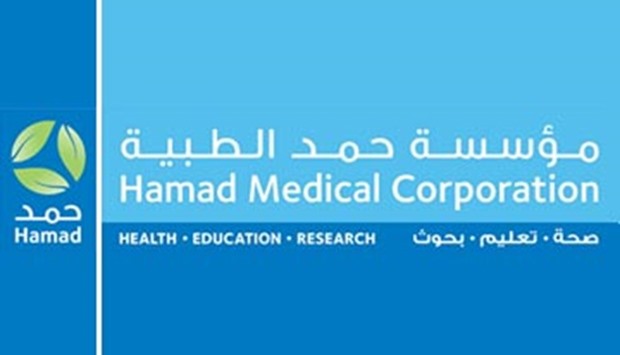With Eid al-Adha festivities starting next week, Hamad Medical Corp (HMC) has cautioned people against over indulging in food and drink to prevent stomach upsets and intestinal disorders.
“Unfortunately, many people tend to overload their bodies with large amounts of unhealthy food and soft drinks during Eid celebrations. As a result, we often notice a spike in the number of patients seeking emergency treatment for gastric issues such as nausea, vomiting, stomach upset and indigestion at Hamad General Hospital’s Emergency Department,” said Dr Saad al-Nuaimi, senior consultant, Emergency Medicine, HMC.
“Although some people feel it is impolite not to accept sweets or meals which may be offered while visiting a relative, friend or neighbour during Eid, it is important to consume food and drinks in moderation so one can enjoy the festivities rather than spending it in an emergency room,” Dr al-Nuaimi added.
“Overindulging can also lead to rapid weight gain, which can in turn cause obesity, a leading cause of Type 2 diabetes, hypertension and back pain.”
To prevent avoidable ill health during the Eid celebrations and holidays, Dr al-Nuaimi has advised people to eat healthy food in moderation and avoid soft drinks.
The physician has also cautioned not to skip breakfast, as this will just lead to overeating during the day and keep people hydrated throughout the day.
Dr al-Nuaimi suggested that people should choose healthy options with small portions of low-calorie, nutrient-dense foods such as fruits, vegetables, whole grains and lean meats as well as avoiding salty foods and sugary and/or caffeinated drinks.
People also have to avoid heavy fatty foods, which can cause gastrointestinal disturbances.When using oil to prepare food, use only a small amount of olive oil or other polyunsaturated fats.They are also advised to avoid refined carbohydrates and sugar such as white bread, white rice, sweets and pastries which can cause blood sugar surges and weight gain.
According to the doctor, the main meal should be balanced with larger portions of vegetables, fruits and complex carbohydrates, such as beans, lentils, whole grain bread and oats.
Similarly, food items should be stored properly in the refrigerator or as directed on the food label.

HMC
